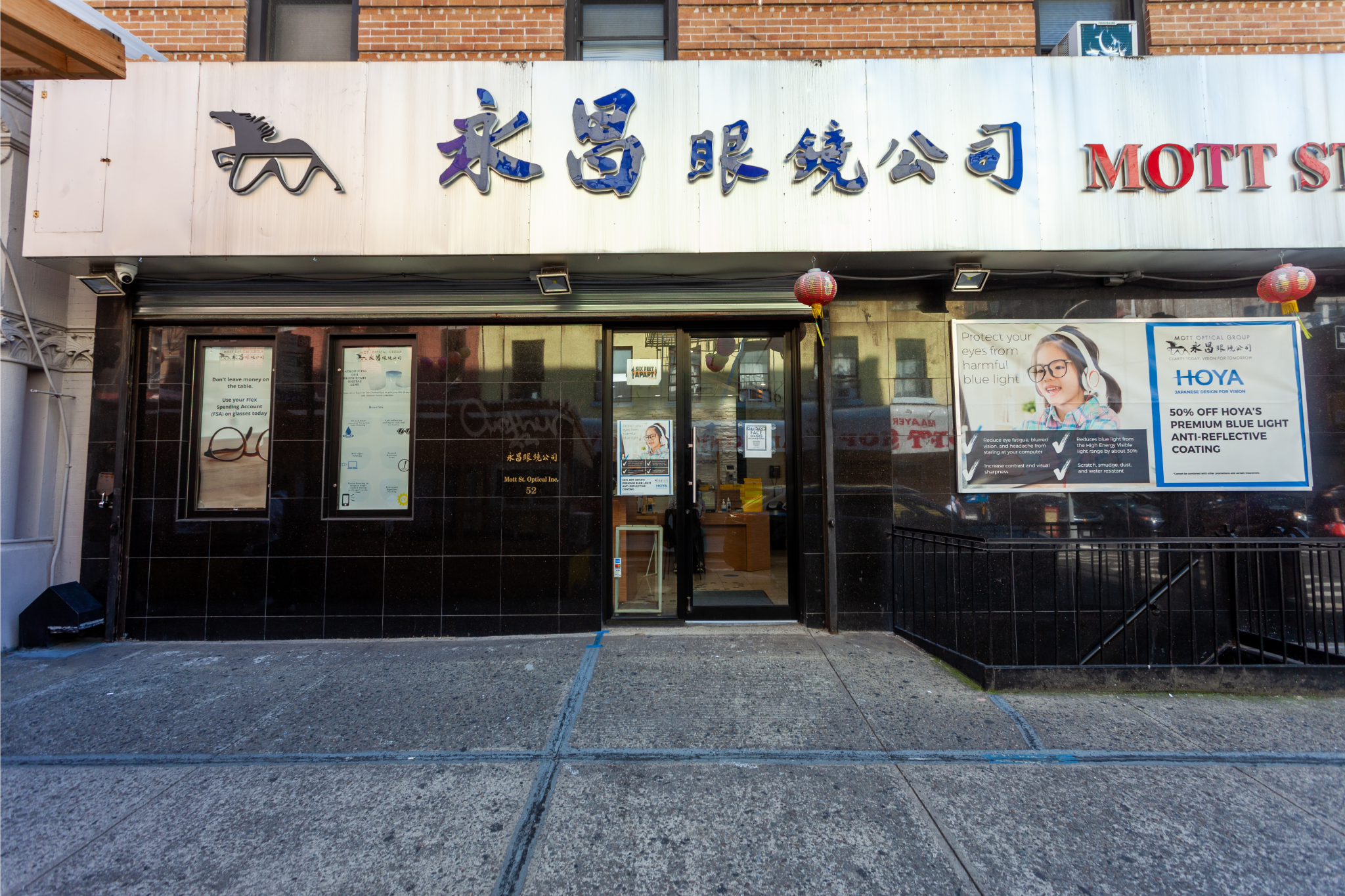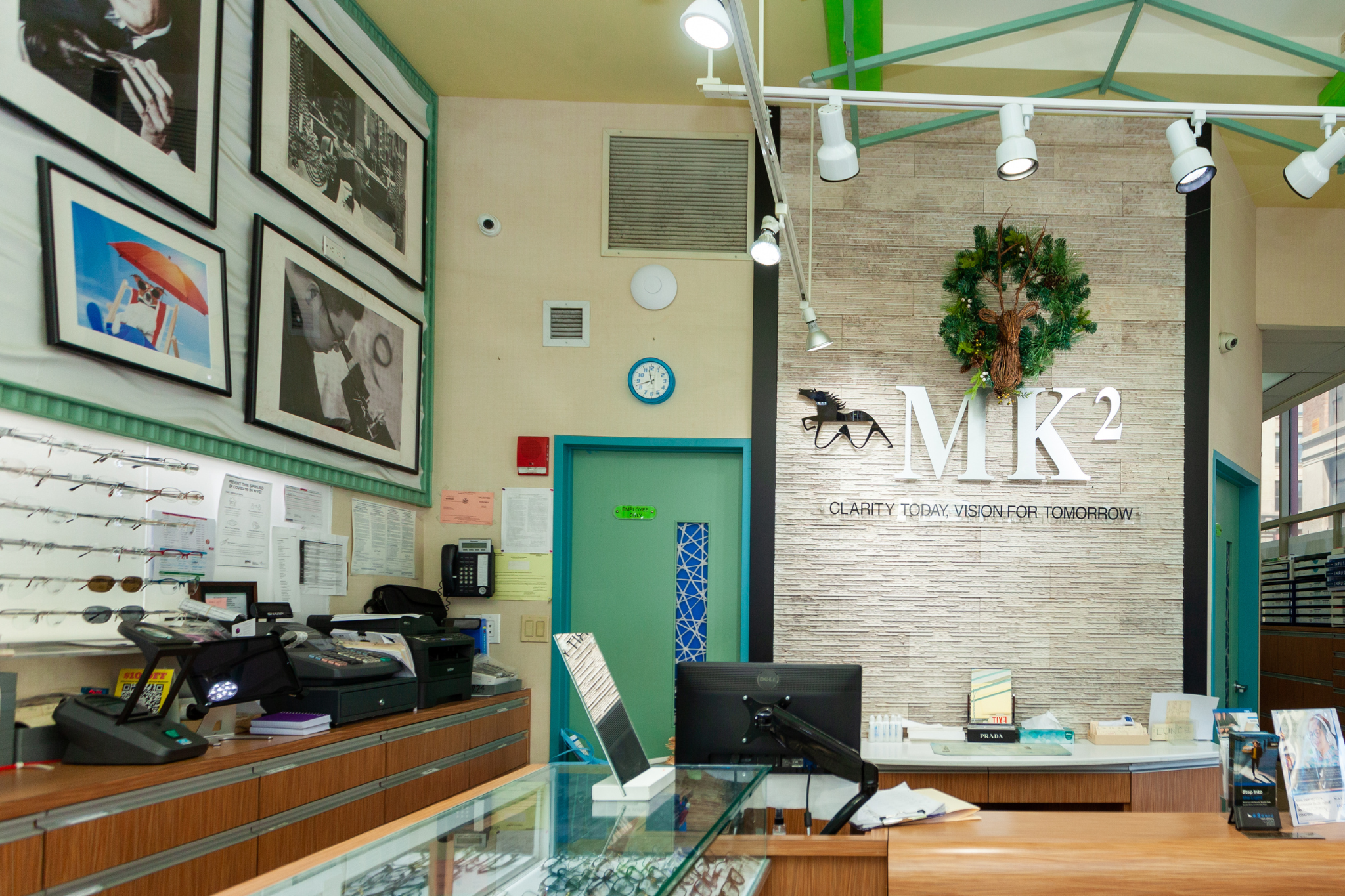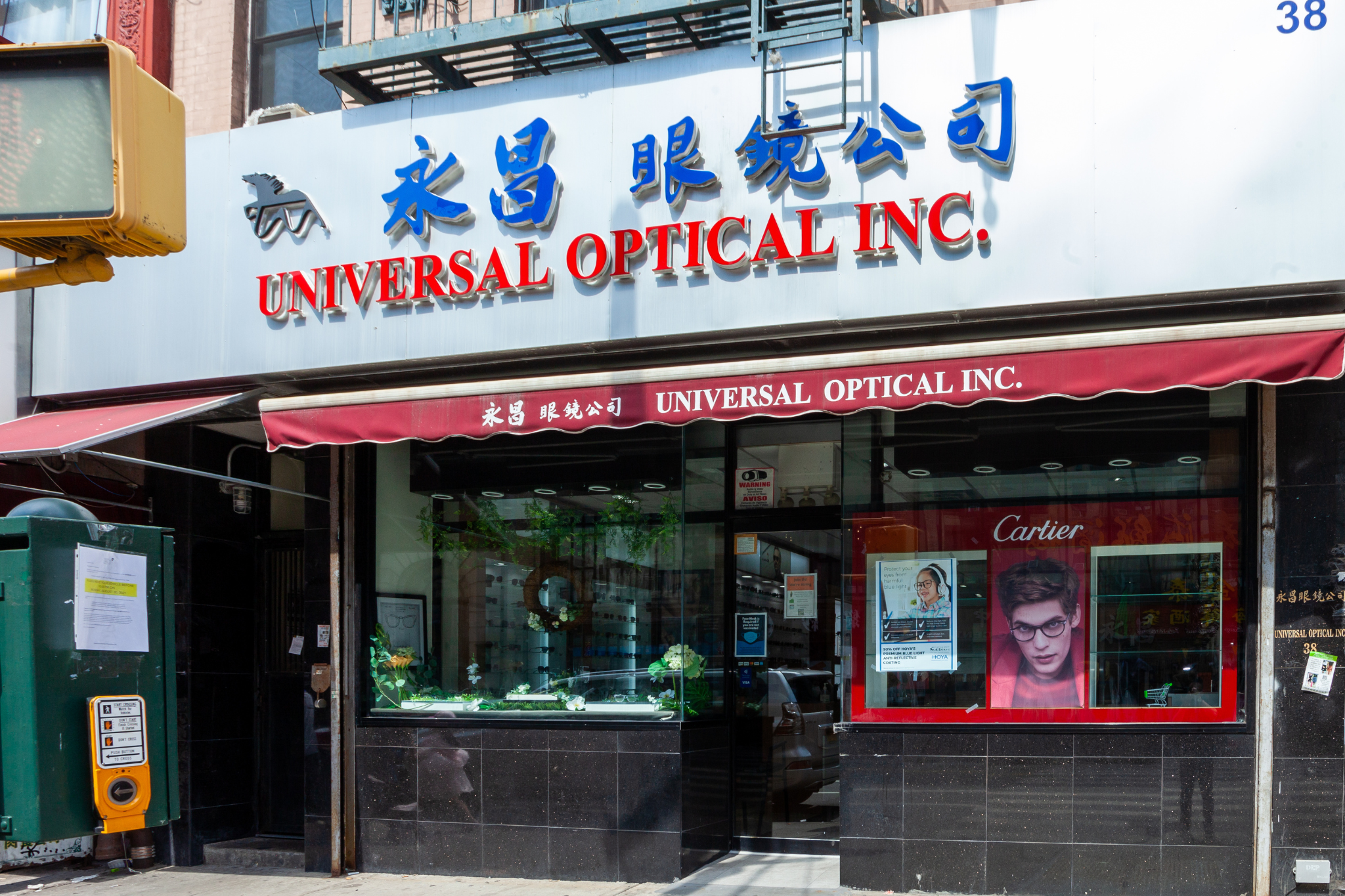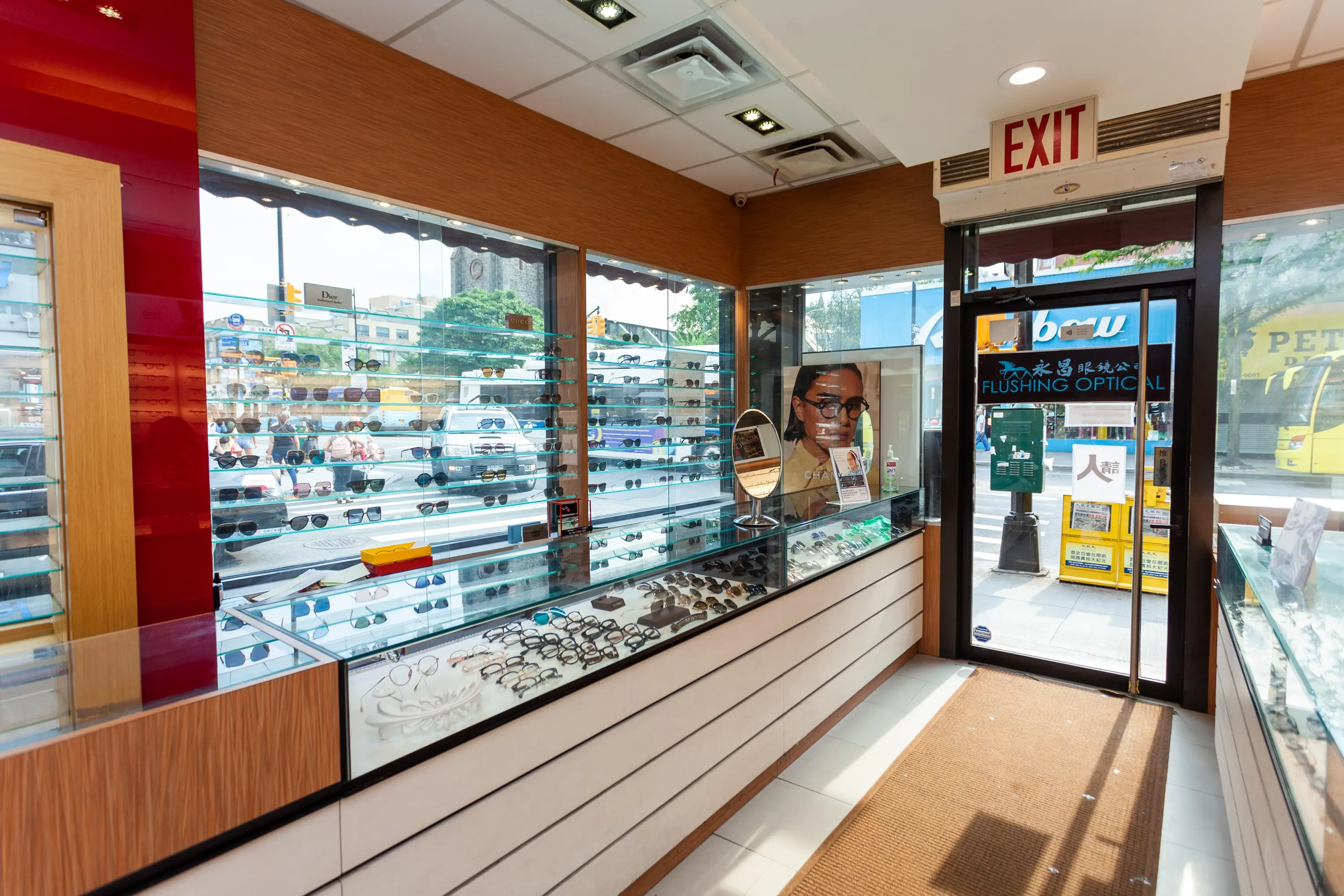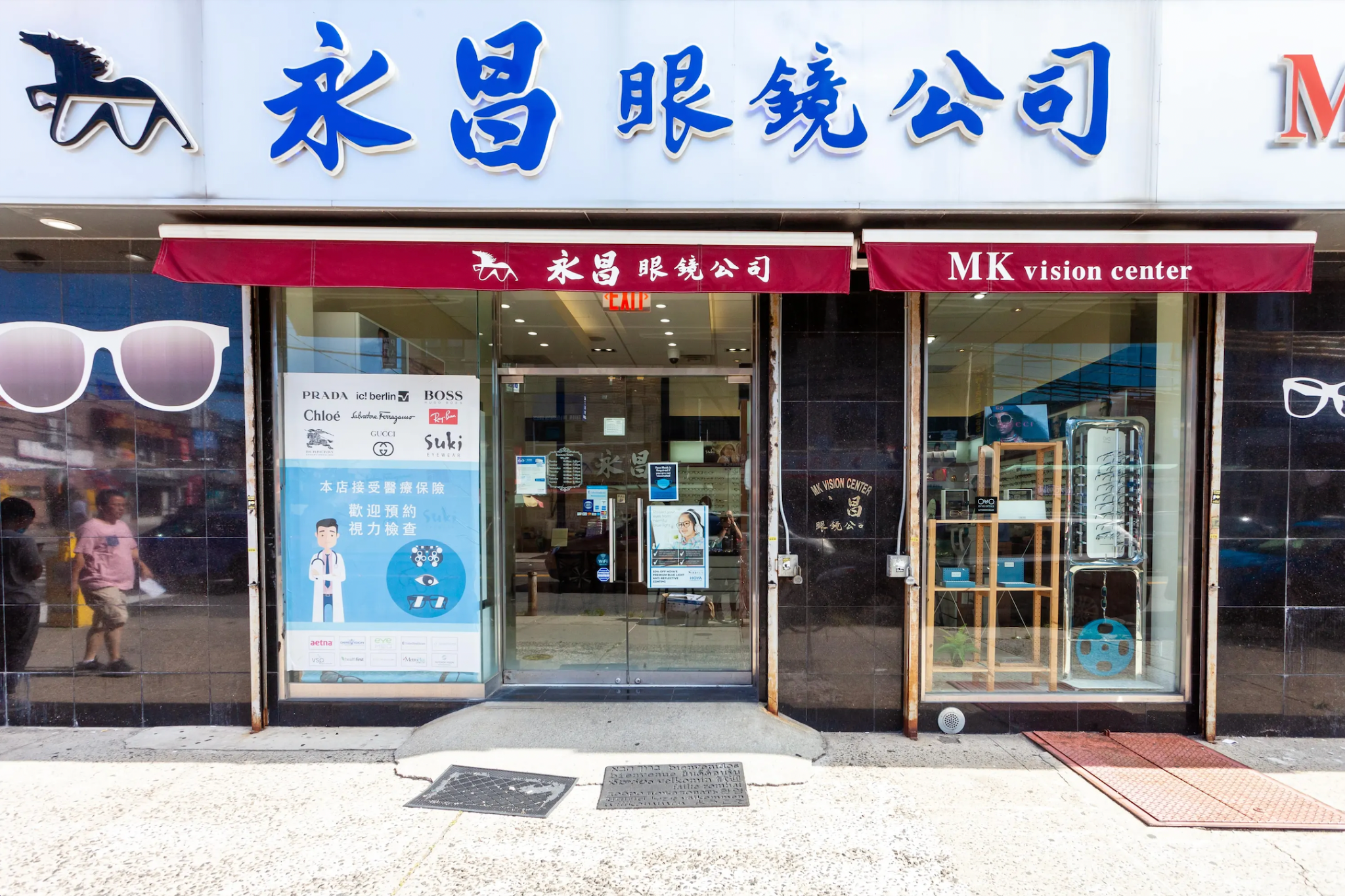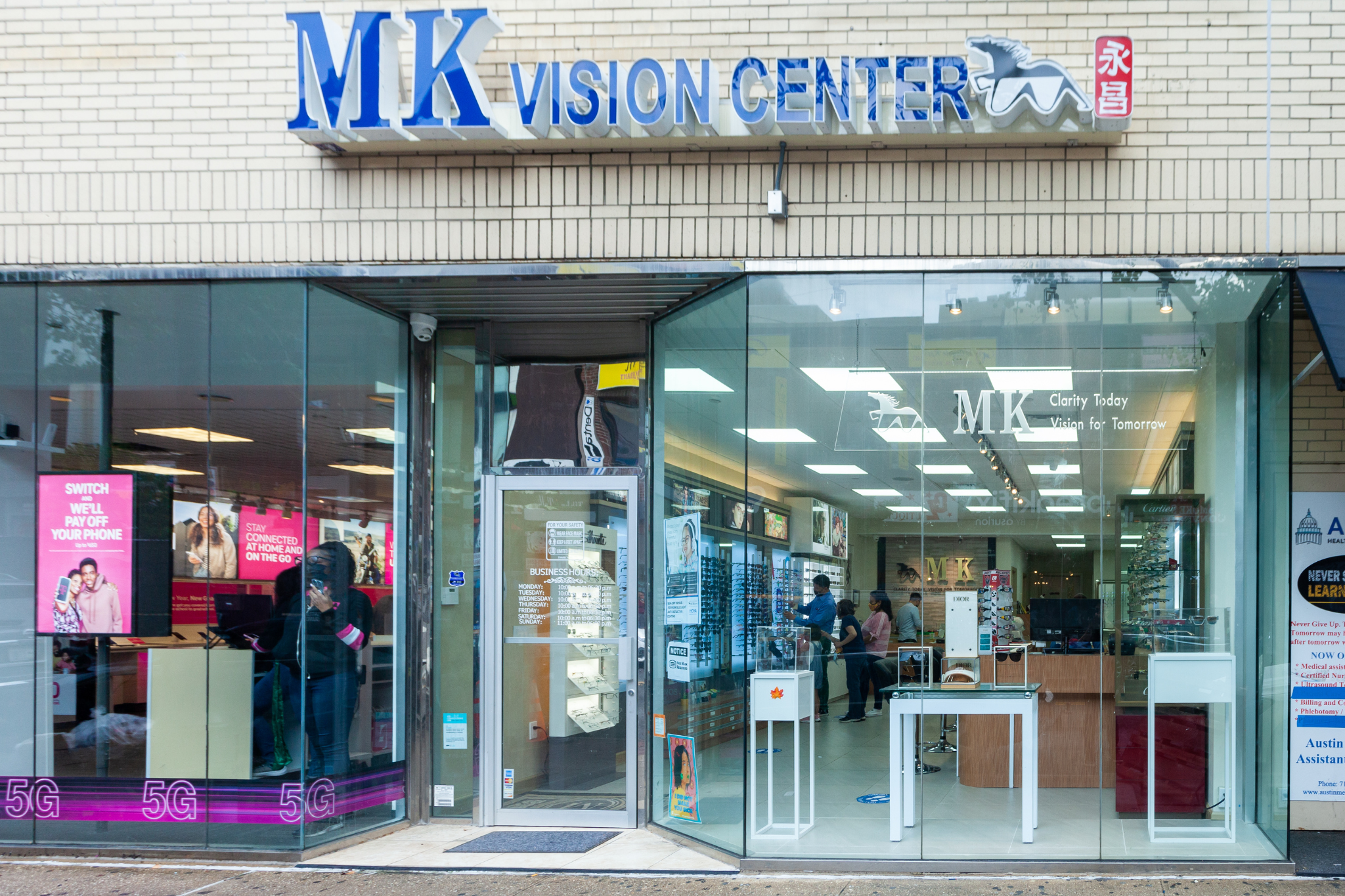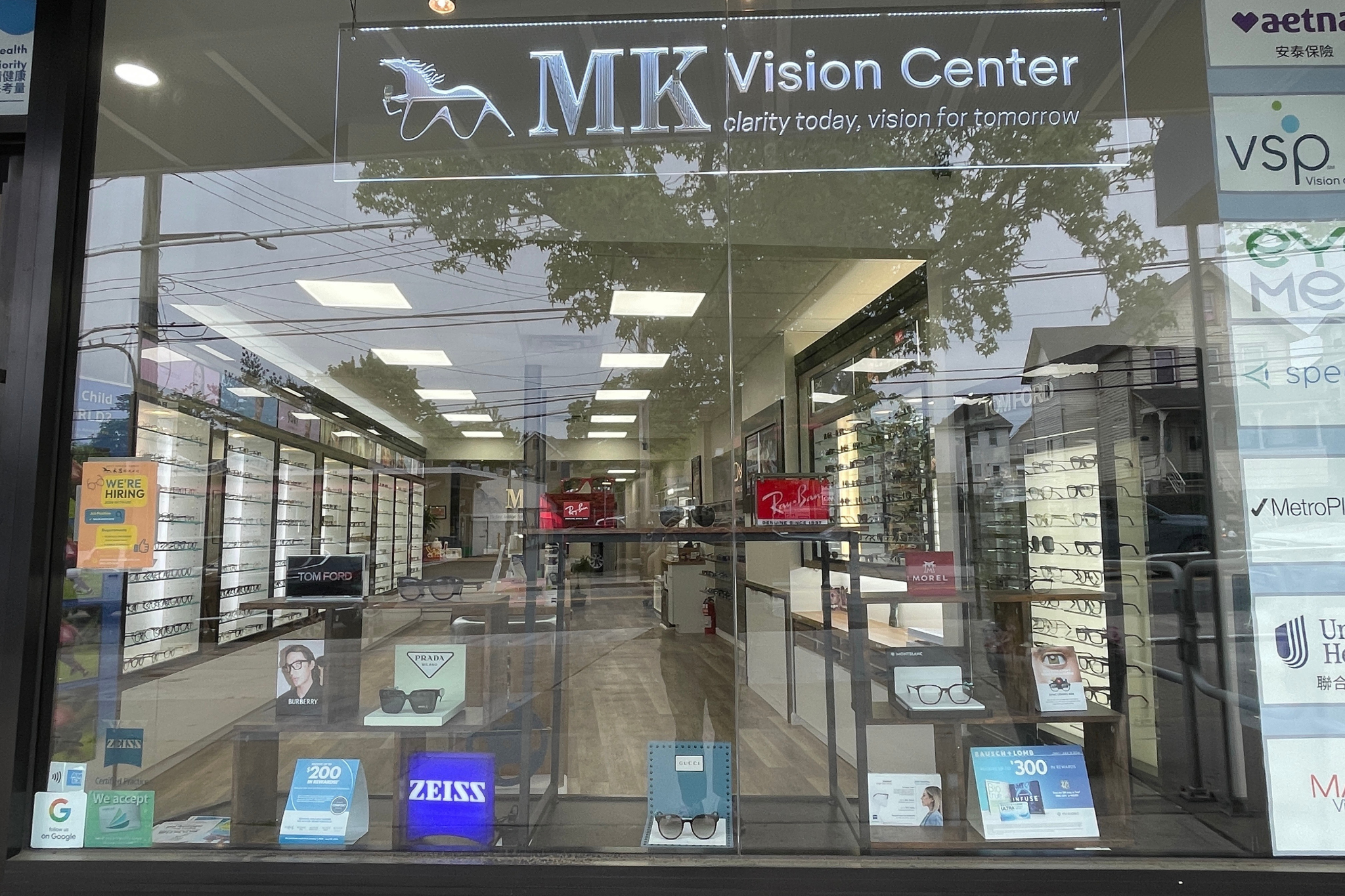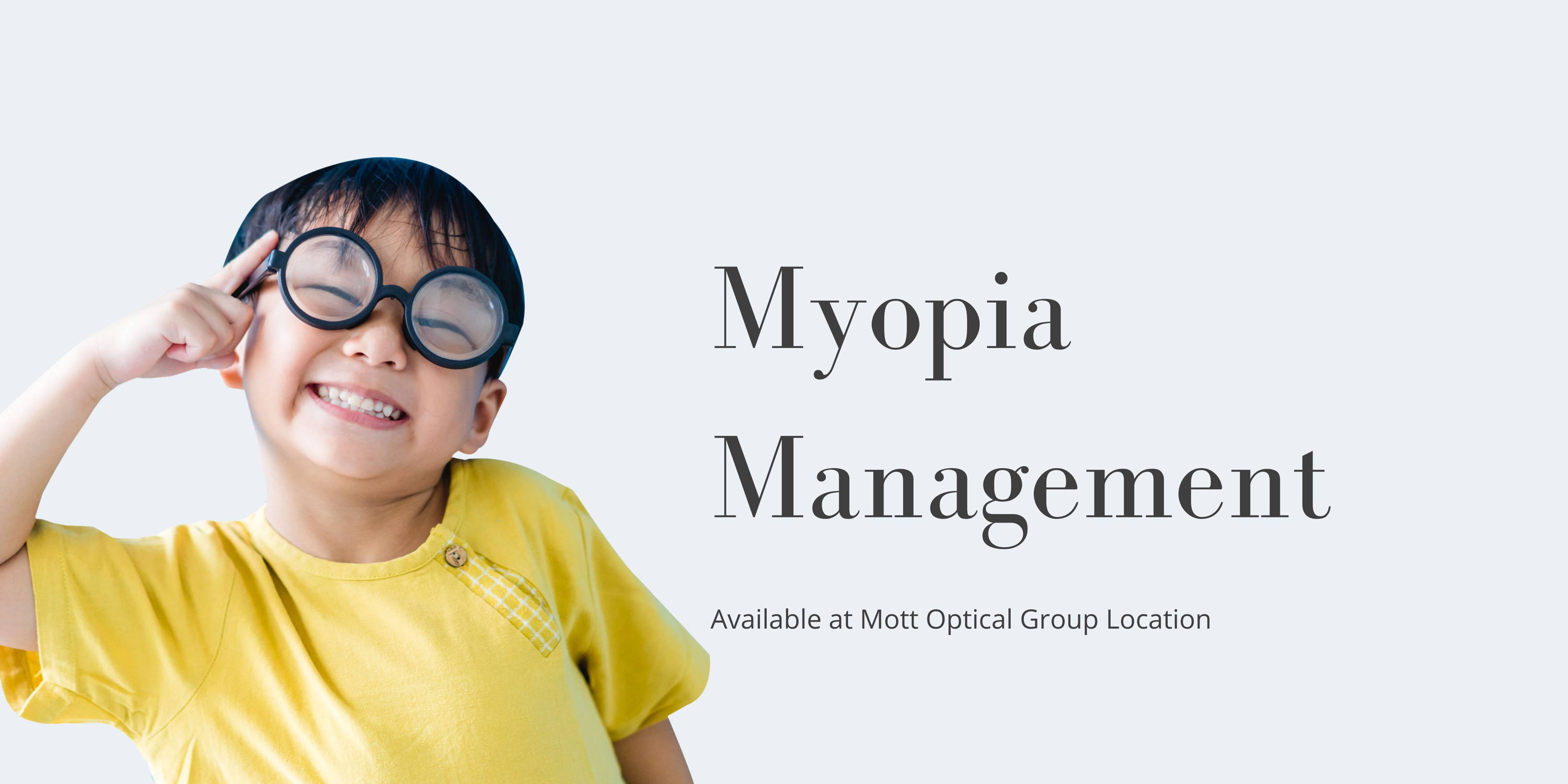
What Is Myopia?
Myopia is often referred to as nearsightedness. Its primary symptom is blurry distance vision. Myopia actually means that the eye is longer than it should be and this is concerning as it often gets worse in growing children - there are significant eye health and quality of life implications with every unit of worsening myopia.

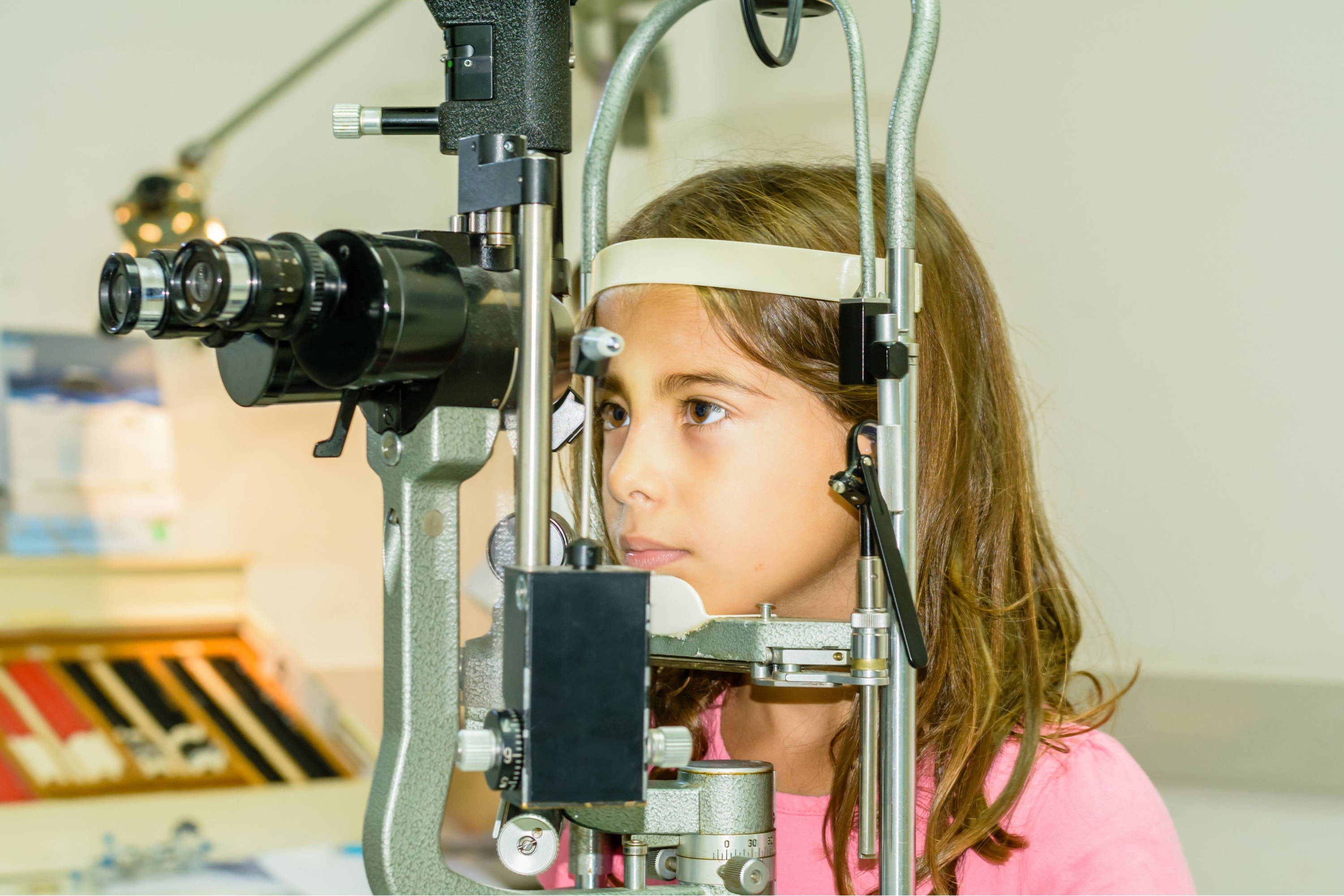
Is Myopia A Big Deal?
Children may have more difficulty participating in sports, school, and other daily activities because myopia makes faraway objects appear blurry.
Unfortunately, not all parents are familiar with myopia, let alone how serious it can be. A global survey shows that 26% of parents of children with myopia don’t know the term myopia.
The first step of myopia control is to make an appointment with Mott Optical Group. As children grow, so can the progression of their myopia, which can lead to future eye health problems. That’s why 82% of eye care professionals say they worry that pediatric patients will have significant eye health issues as they grow older. Even children with fairly low prescriptions have a higher risk of glaucoma and retinal detachment compared to non-myopic children, and that risk multiplies as prescriptions get stronger.
Mott Optical Group Myopia Management
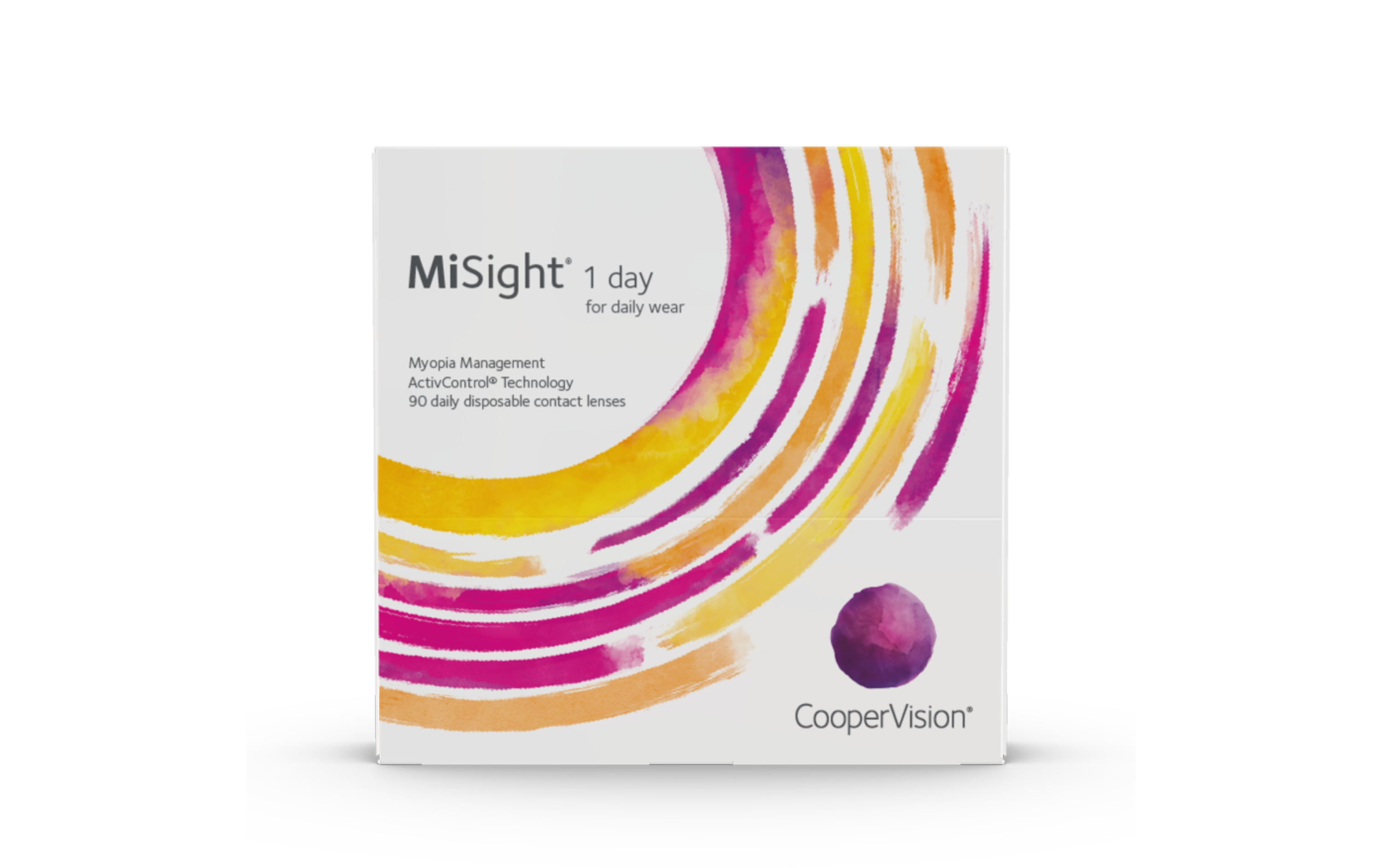
MiSight 1 day
MiSight is the first and only FDA-approved, child friendly daily disposable contact lenses proven to slow the progression of nearsightedness in children aged 8-12 at the initiation of treatment.

Orthokeratology
Orthokeratology (ortho-k), also called Overnight Vision Correction, Wavefront Corneal Molding, and Corneal Refractive Therapy, is the unique custom-designed, gas-permeable rigid contact lenses that you wear overnight. While you are asleep, the lenses gently reshape the cornea in order to correct your vision. After you remove the lenses the following day, you can see clearly.









